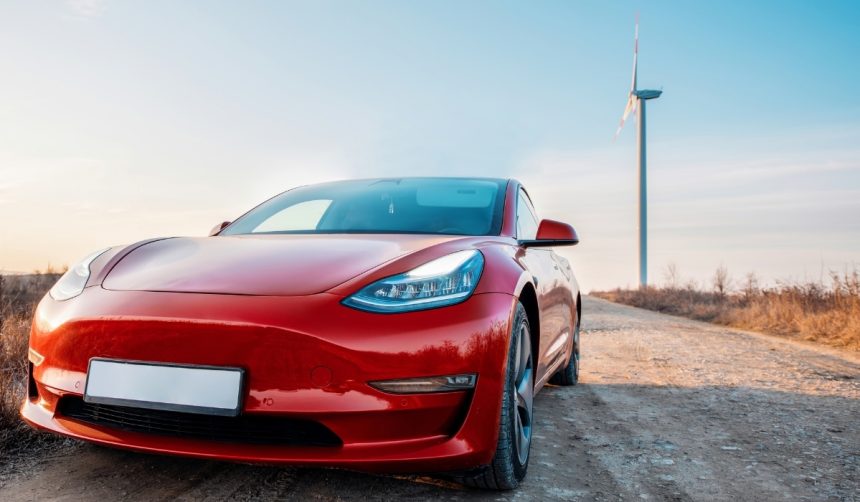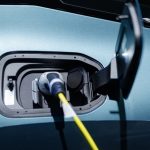Tesla continues to advance its autonomous vehicle capabilities as its Giga Texas factory begins to see its latest Model Y and Cybertruck units operate without human intervention. The move marks a significant step in the company’s broader strategy to integrate self-driving technology across its production facilities. This development showcases Tesla’s commitment to enhancing manufacturing efficiency through innovative technology.
Tesla’s recent autonomous operations at Giga Texas build on the technologies first demonstrated at its Fremont, California factory earlier this year. Previously, Tesla introduced self-driving vehicles moving autonomously within the Fremont facility, and the extension to Texas indicates the scalability of this system. This advancement reflects Tesla’s ongoing efforts to streamline production processes using Full Self-Driving (FSD) technology.
Implementation of Autonomous Driving at Giga Texas
The introduction of self-driving Model Ys and Cybertrucks at Giga Texas involved equipping vehicles with Tesla’s FSD software to navigate autonomously from production lines to outbound lots.
“I saw this happening constantly, with Model Ys exiting and immediately driving away on their own from the factory,”
said Joe Tegtmeyer, a longtime observer and drone operator at Giga Texas. This consistent automation facilitates a smoother transition of vehicles through the manufacturing pipeline.
Upcoming Launch of Unsupervised FSD and Robotaxi Services
Tesla plans to unveil Unsupervised Full Self-Driving capabilities in the Austin area in the coming weeks. Alongside this, the company is set to launch commercial robotaxi services, expanding its self-driving offerings to public transportation. These initiatives are part of Tesla’s strategy to integrate autonomous services into urban mobility solutions.
Tesla’s Autonomous Efforts Compared to Industry Competitors
While Tesla progresses with its autonomous vehicle operations, competitors like Waymo are also expanding their robotaxi services, particularly in Austin through partnerships with Uber. Tesla’s proactive approach in automating its Texas factory may provide it with a competitive edge in efficiency and readiness for broader autonomous deployments. The parallel efforts among industry players underscore the growing emphasis on self-driving technology within the automotive sector.
The automation of Tesla’s Giga Texas factory with self-driving Model Ys and Cybertrucks exemplifies the company’s trend towards integrating advanced technology within its manufacturing processes. By advancing the deployment of Unsupervised FSD and preparing for robotaxi services, Tesla is positioning itself at the forefront of autonomous vehicle innovation. These developments not only enhance operational efficiency but also pave the way for broader applications of self-driving technology in both production and public transportation.










